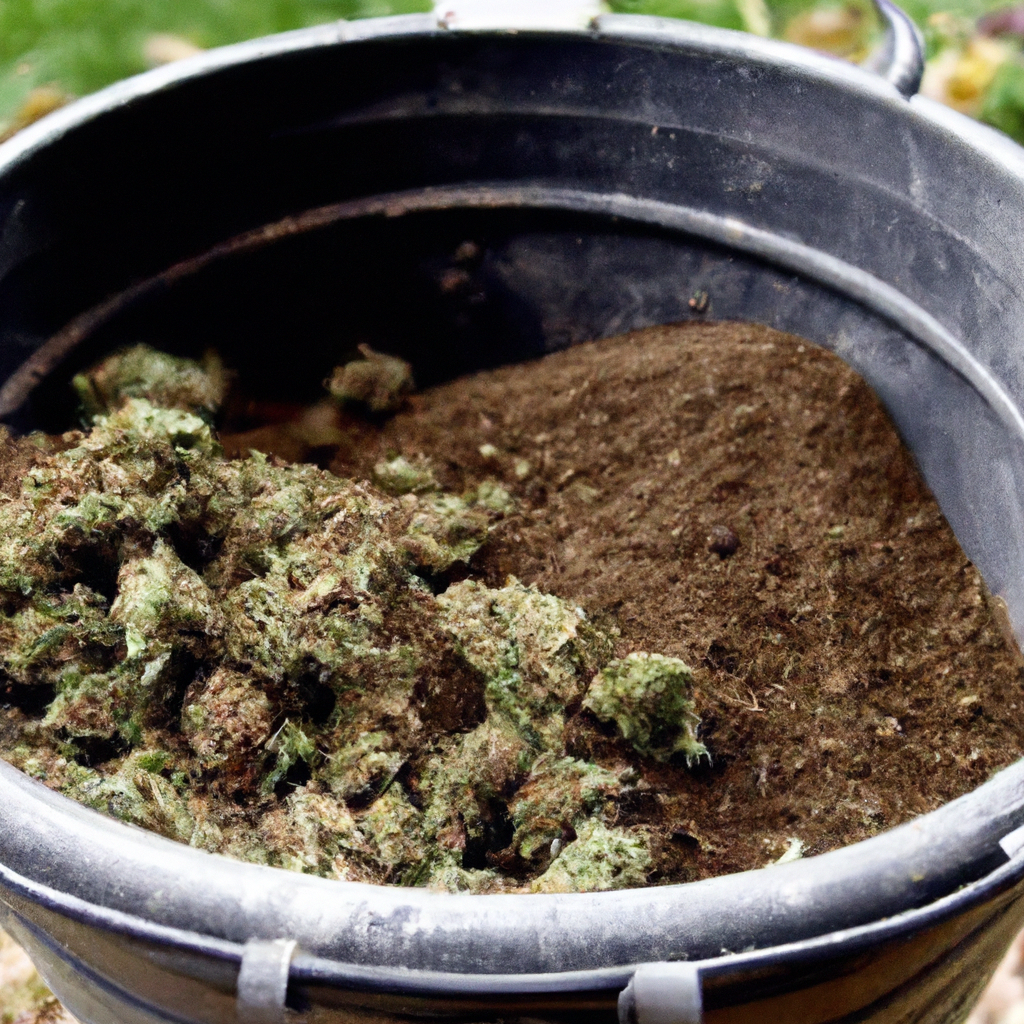Your cart is currently empty!
As the cannabis cultivation landscape continues to evolve, the focus increasingly shifts towards sustainable and eco-friendly practices. One of the essential techniques to enhance cannabis growth naturally is composting. This article explores the fundamentals of composting and how it can significantly boost your cannabis cultivation efforts by improving soil health and nutrient content.
The Benefits of Composting for Cannabis Cultivation
Composting is a natural process of recycling organic matter, such as leaves and food waste, into a rich soil conditioner known as compost. Here are some specific benefits for cannabis growers:
- Enhanced Soil Health: Compost improves soil structure, promotes better drainage, and enhances water retention.
- Nutrient-Rich Soil: Composting increases the availability of essential nutrients like nitrogen, phosphorus, and potassium.
- Environmental Impact: Reduces the need for chemical fertilizers, minimizing environmental impact.
- Pest Control: A healthy compost system can bolster pest management efforts by attracting beneficial organisms.
How to Start a Compost Bin for Cannabis
Creating a compost bin is a straightforward process, but it requires patience and consistency. Here’s how you can set up your composting system suited for cannabis cultivation:
- Choose a Compost Bin: Purchase a compost bin or create one using wooden pallets. Ensure it has adequate ventilation.
- Identify Green and Brown Materials: Green materials include fresh plant matter, while brown materials consist of dried leaves and twigs.
- Layer the Materials: Start with a layer of coarse materials for drainage, followed by alternating layers of green and brown materials.
- Maintain the Compost Pile: Regularly turn the pile and maintain moisture levels. The pile should feel slightly damp, like a wrung-out sponge.
- Harvest the Compost: After a few weeks to months, depending on conditions, your compost will be ready to enrich your cannabis soil.
FAQs About Composting and Cannabis
- What materials should I avoid adding to my compost?
- Avoid adding meat, dairy, or oils, as they can attract pests and create foul odors.
- How long does it take to compost?
- Composting can take anywhere from 6 weeks to 6 months, based on temperature, moisture, and materials used.
- Can composting replace fertilizers entirely?
- While compost cannot replace all fertilizers entirely, it significantly reduces their necessity by providing key nutrients naturally.
Conclusion: Cultivating Sustainability and Growth
Incorporating composting into your cannabis cultivation practices not only enhances your grow’s ecological footprint but also provides robust, nutrient-dense soil for healthier plants. By understanding and implementing essential composting techniques, you can unlock the full potential of your cannabis garden while staying true to sustainable practices.
Remember, the quality of your cultivation is only as good as the quality of your soil, and composting is a powerful tool to achieve excellence.
Tags: CannabisCultivation, Compost, SustainablePractices, SoilHealth, EcoFriendly
Discover more from Magic Clones
Subscribe to get the latest posts sent to your email.


Leave a Reply